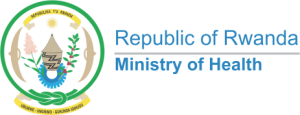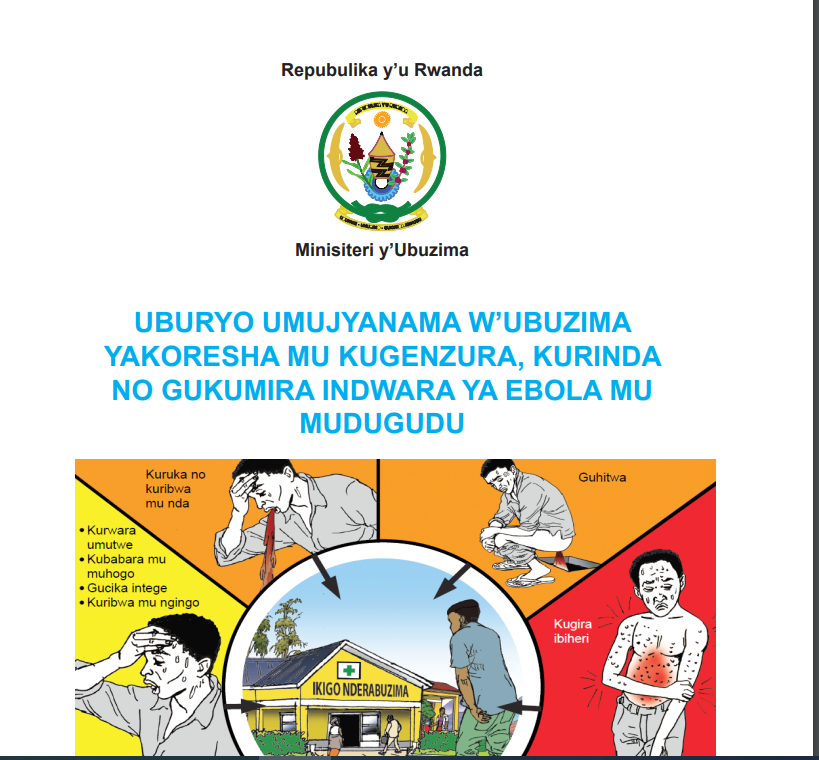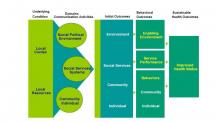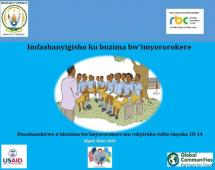Desk Review and Qualitative Assessment of Case Management SBCC Strategies in Four Countries: Ethiopia, Rwanda, Senegal and Zambia
Year of Publication: 2022
Case management of malaria has undergone profound changes over the years since the introduction and widespread use of rapid diagnostic testing (RDT) and artemisinin-based combination therapy (ACT). Recent years have seen the evolution of home management of malaria, community-based management of malaria and integrated community case management (iCCM) of malaria packages. Social and behavior change communication (SBCC) activities at the community level that address behaviors like prompt care seeking and compliance with complete ACT regimens have been the focus of some interventions. Much less SBCC has focused on service provider behaviors, like adherence to simple and complicated malaria treatment and diagnosis algorithms, and adherence to ACT and RDT protocols.
Countries like Ethiopia, Rwanda, Senegal and Zambia have shown that carefully planned malaria case management pilots, programs and activities can be extremely effective.1234 This research does not, however, include documentation of SBCC components of malaria case management programming that have been measured for impact. While these countries have taken steps to develop malaria communication strategies that include malaria case management messaging, very little has been done to document the impact of resulting national activities and programs.
The purpose of this desk review is to identify promising SBCC practices related to malaria case management at both community and service provider levels in the four focus countries: Zambia, Ethiopia, Rwanda and Senegal.





